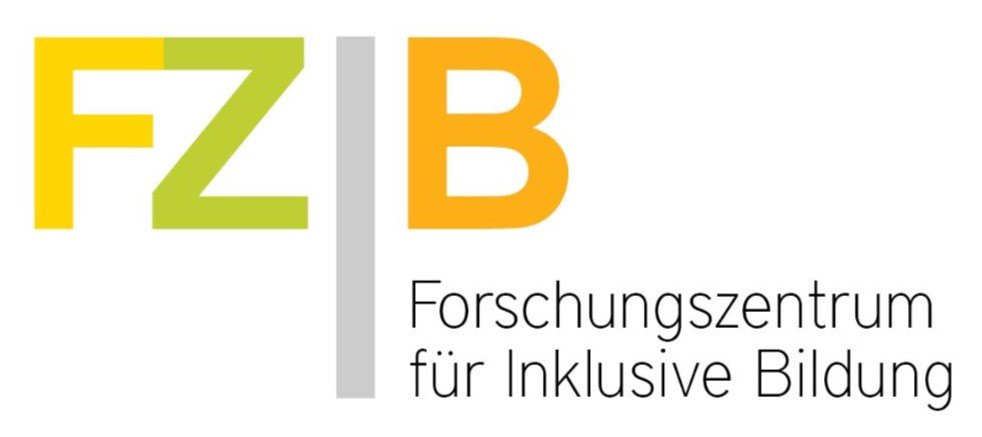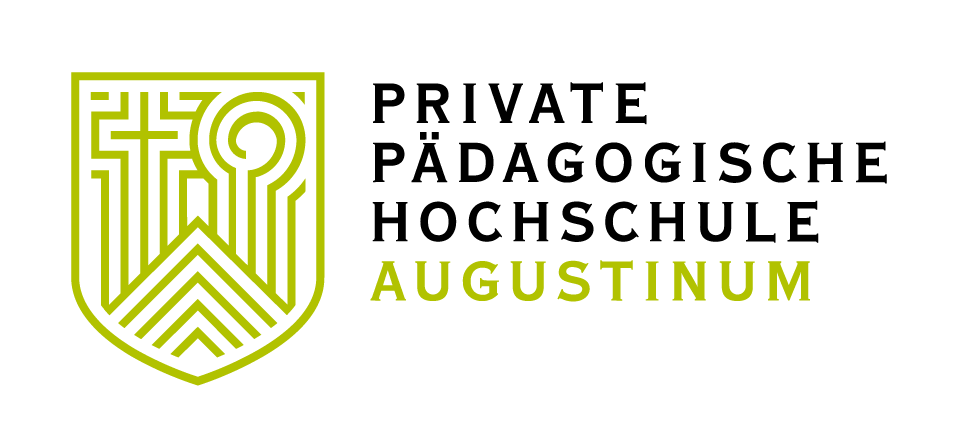Scratch Options!
Further information on the project
'Scratch Options! Detailed description
Social problem-solving skills and CT in 4th and 5th grade students
Digital skills are becoming increasingly important as the digitalization of all areas of life progresses. Therefore, these skills and the associated computational thinking (CT) must be addressed and promoted in the school context. However, focusing on this area must not lead to other fundamental skills of pupils (SuS) taking a back seat. This applies in particular to social-emotional skills and their promotion in everyday school life, as interaction in school classes is also influenced by the individual abilities of each pupil.
'Scratch Options! ' attempts to build this bridge so that the promotion of digital and social-emotional skills are not mutually exclusive, but rather build on and complement each other. By programming interactive stories with the very clear and child-friendly programming language Scratch (graphical building block system) around social-emotionally challenging situations and their solution options, the project aims to promote pupils' social-emotional skills and simultaneously their CT.
The aim is to develop, test and evaluate a form of joint promotion of these skills (CT and social-emotional skills) in the classroom so that teachers can draw on evidence-based interventions. The content (social-emotionally challenging situations) should address specific challenges in the classroom and thus enable tailored interventions.
In particular, the following aspects should be addressed:
Social-emotional challenges in the classroom context
- Identify social-emotionally challenging situations from the perspective of pupils and teachers
- reflect, verbalize, discuss and argue these situations in small groups
- identify and develop solution options for these situations
Using Scratch with pupils
- playfully developing and teaching the functions and possibilities of the Scratch programming language
- visualizing socially and emotionally challenging situations and solution options in the form of interactive stories using Scratch
Evaluation and transfer
- Analyze effects on both CT and social-emotional skills and specific interactions
- examine the transfer of social problem-solving skills to the classroom climate and social interactions
- Evaluate long-term effects
Develop measurement instruments
- develop, pilot and validate specific measurement instruments for CT, social-emotional skills, classroom climate, etc.
In a first step, the 'Scratch Options' project focuses on pupils in the 4th and 5th grades, as the social challenges in these two age groups are very different. In the Austrian school system, a drastic transition process from elementary school to secondary school takes place between grades 4 and 5. The school context is very different at these two school levels, particularly in terms of social interactions and performance requirements.
Concepts for workshops will be developed in which (a) social-emotionally challenging situations and solution options will be worked out in a participatory manner with children and (b) the link between Scratch and social-emotional skills will be tested. Subsequently, a prototype of the intervention will be developed, which will subsequently be implemented and evaluated both nationally and internationally.
Partner organizations: RCIE and University of Graz
Researchers: Univ.-Prof. Dr. phil. Barbara Gasteiger-Klicpera (Head), Katharina Maitz, PhD MA BA BA, Ass.-Prof. Mag. Lisa Paleczek, PhD
Master theses: Claudia Danielowitz, Katharina Deutsch, Sophia Kefer, Michael Strobl
Master's students from the SE empirical research methods in inclusive education (Ricarda Derler, Esther Feiertag, Arnela Hadziomerovic, Olaa Hamoud, Katherina Koch Waldner, Nina Kowarik, Birgit Lukitsch, Tanja Nuster, Lisa Pint, Lena Prenneis, Florian Quinesser, Miriam Tuider)


